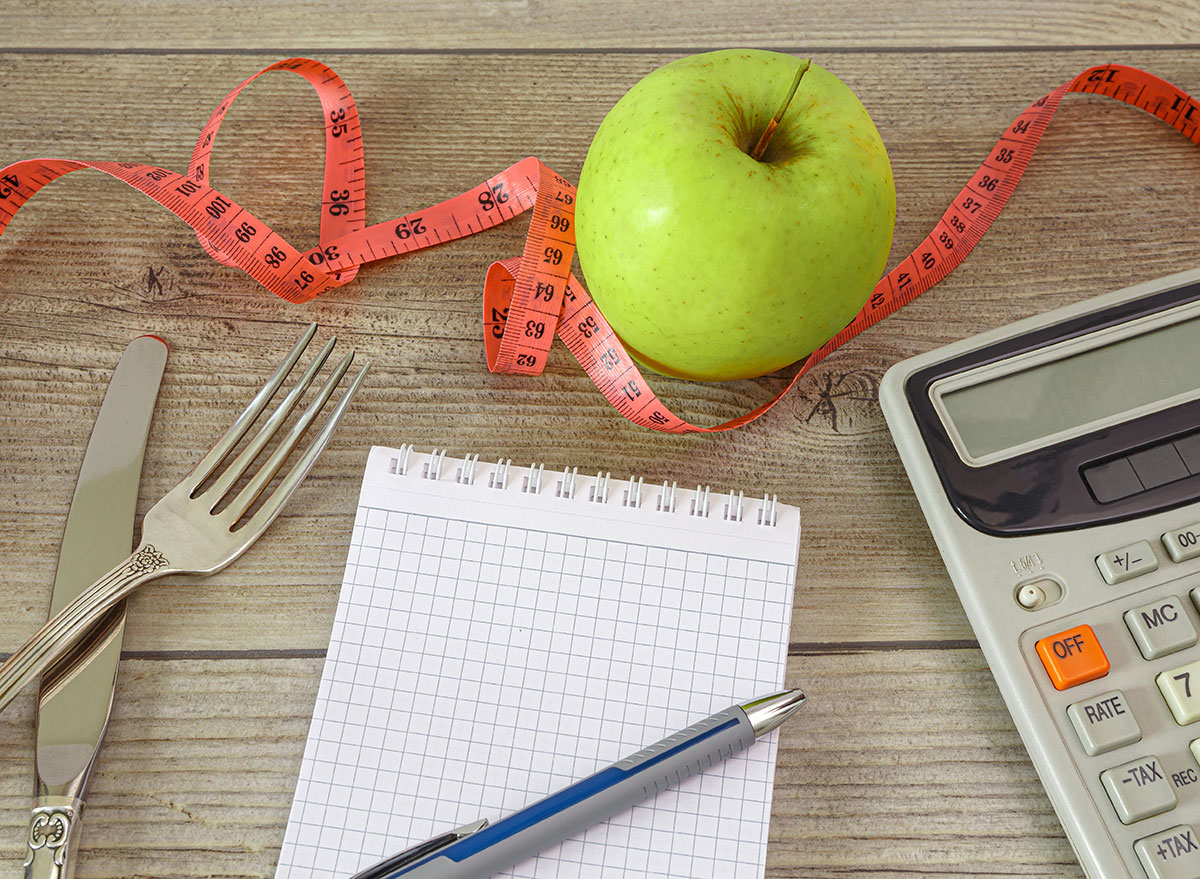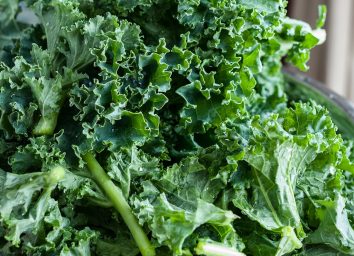Doing This One Thing Won't Actually Help You Lose Weight

I've been essentially healthy most of my life. Like many, though, I've gone through stages of working out and eating well, followed by sedentary and gluttonous periods. I try not to give myself a hard time for these changes, but when I start to feel sluggish or unwell, I turn back to whole foods and regular exercise to improve my symptoms. At the start of 2021, tragedy struck my family when my father lost his 17-year health battle. It served as a wake-up call for me and one that has motivated me to really think critically about how I'm feeling and taking care of my body.
With the recommendation of a friend, I started macro counting (macronutrients)—specifically, fat, protein, and carb intake—and committing to 30 to 45-minutes of exercise a day. When balanced correctly, macros allow you to eat the type of foods you love in the right portion sizes, without completely giving up a food group, like you would with Whole30 or the ketogenic (keto) diet.
And guess what? I'm two weeks and two pounds down. Losing a pound a week is right around the number you want for sustained weight loss. Macro counting doesn't have to be stressful, and as you can tell, it can also be effective. But it can also have a negative impact on your health if you make this big mistake, according to sports nutritionist and personal trainer Dan DeFigio: Don't get too obsessive over the numbers.
Here's why, and for more healthy tips, be sure to check out our list of 15 Underrated Weight Loss Tips That Actually Work.
Macro counting can help with weight loss, but don't get number obsessive.
To calculate your macros, you need to take into account the weight you'd like to lose, as well as how much fitness you squeeze in daily.
I asked a registered nurse, certified sports nutritionist, and founder of Eat Me Guilt Free, Cristie Besu, to consider my stats and recommend a macro breakdown. I'm female, 5'3", 32-years-old, active; I have a goal to lose twenty pounds by summer. She suggested the following:
Protein: 120g/30% of daily intake.
Carbs: 200g/50% of daily intake.
Fat: 35 grams/20% of daily intake.
How come? Besu says it's critical for me to have enough protein to maintain my existing muscle mass and high-fiber, low-glycemic carbs, so I remain satiated (AKA, not hangry). By using an app like MyFitnessPal, I'm able to understand the nutrients of every single food I eat and balance out my meals, so I receive the right amount.
It will take months or years to nail down. Give yourself time to learn what works for you.
When I first considered 'macro' counting, I was anxious about computing math on the spot and having to stick to a very-specific number…forever. As he explains, those that are the most successful look at the big picture rather than the day-to-day excruciating minutia, and they use the data they learn from tracking their foods and macros to inform their choices for years to come. Plus, as we know, fat levels and fitness activities are averages of what we do most of the time. Another way to tackle macros is to examine how the process works for five to six weeks.
"Food does not contain exactly the number of calories or grams of macronutrients that is on the label, or that is in your tracking database," he continues. "Your body does not process nutrients in exactly the same way as someone else's. Heck, your own body does not process nutrients in exactly the same way on a day-in and day-out basis anyway."
Plus, there are lots of variables, like hydration, sleep, hormones, stress levels, temperature, and so on. The last thing you want to do is drive yourself crazy and end up giving up.
Instead, find a starting point, like mine above, and see how 'easily' you can keep within these bounds. When something feels hard, take note of it. And then, you can consult with your doctor or nutritionist to find a solution. Remember: your wellness is a life-long investment, not a gimmick to squeeze into a size or a dress. It's worthwhile investing the mental energy into making it a well-rounded effort, from mind to body—and far beyond the scale.
Intrigued? Here's How Counting Macros Is Different From Calorie Counting, According to Experts.








